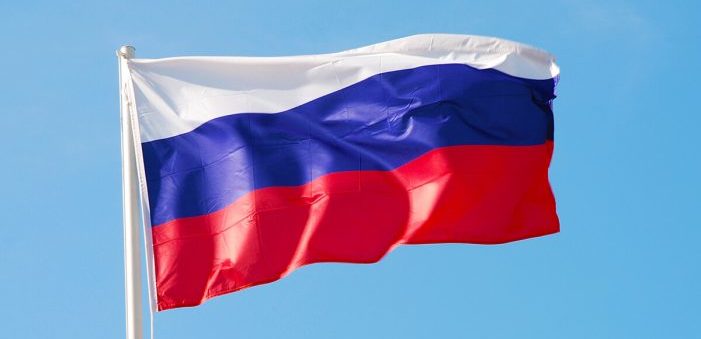After the European Commission announced its plans to put stringent sanctions on Russian oil, the proposal has quickly run into several obstacles.
Last week, the European Union proposed to impose a gradual embargo on Russian oil as part of its harshest sanctions package yet. However, the bloc has not yet agreed on when and how those controls will be instituted.
[smlsubform prepend=”GET THE SAFETY4SEA IN YOUR INBOX!” showname=false emailtxt=”” emailholder=”Enter your email address” showsubmit=true submittxt=”Submit” jsthanks=false thankyou=”Thank you for subscribing to our mailing list”]
The proposal was made as part of a broader sanctions package, which includes banning Russian propaganda outlets from broadcasting in the EU, imposing individual sanctions on Russian generals involved in the massacre at Bucha and the siege at Mariupol in Ukraine, and removing three banks from the SWIFT payments system.
Regarding the embargo on Russian oil, European Commission’s President Ursula Von der Leyen explained that the embargo will apply to “all Russian oil, seaborne and pipeline, crude and refined,” and that the EU will eliminate its dependence on Russian oil in “an orderly fashion,” by “phasing out Russian supply of crude oil within six months and refined products by the end of the year.”
Nevertheless, shortly after the announcement, Hungary, the Czech Republic, and Slovakia raised concerns that they would not have enough time to transition away from Russian oil before their extended deadlines.
In fact, Hungary threatened to reject the EU’s sanctions package if it is not be permitted to continue importing Russian crude oil via pipelines. Since EU proposals require unanimity from all member states to enact, Hungary’s veto would torpedo the whole package.
In addition, Greece, Malta, and Cyprus also brought up issues of their own, according to Reuters. These countries are concerned about the effect that the embargo would have on their shipping industries.
This weekend negotiations will continue to finalize a sanctions package that meets the needs of all member nations, but it is unclear when the bloc will agree on a final deal.

































































